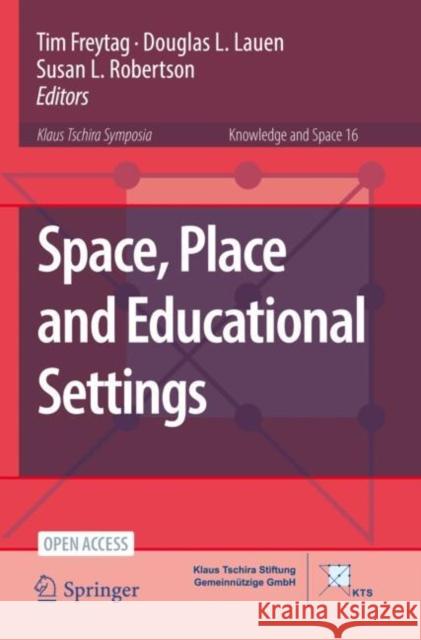Space, Place and Educational Settings » książka
topmenu
Space, Place and Educational Settings
ISBN-13: 9783030785994 / Angielski / Miękka / 2021 / 229 str.
Space, Place and Educational Settings
ISBN-13: 9783030785994 / Angielski / Miękka / 2021 / 229 str.
cena 160,99
(netto: 153,32 VAT: 5%)
Najniższa cena z 30 dni: 154,18
(netto: 153,32 VAT: 5%)
Najniższa cena z 30 dni: 154,18
Termin realizacji zamówienia:
ok. 16-18 dni roboczych.
ok. 16-18 dni roboczych.
Darmowa dostawa!
Kategorie BISAC:
Wydawca:
Springer Nature Switzerland AG
Seria wydawnicza:
Język:
Angielski
ISBN-13:
9783030785994
Rok wydania:
2021
Wydanie:
2021
Numer serii:
000349158
Ilość stron:
229
Oprawa:
Miękka
Wolumenów:
01











